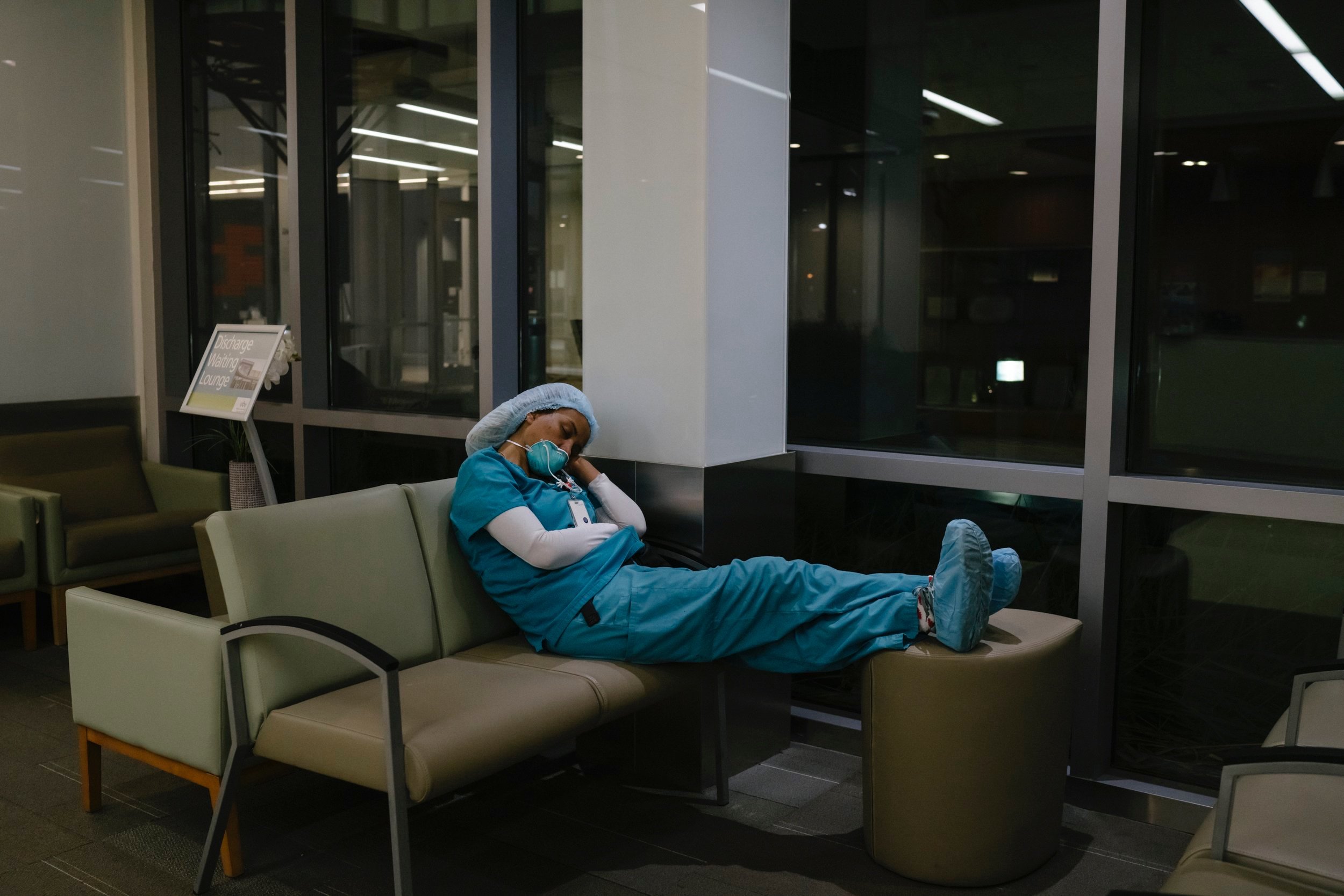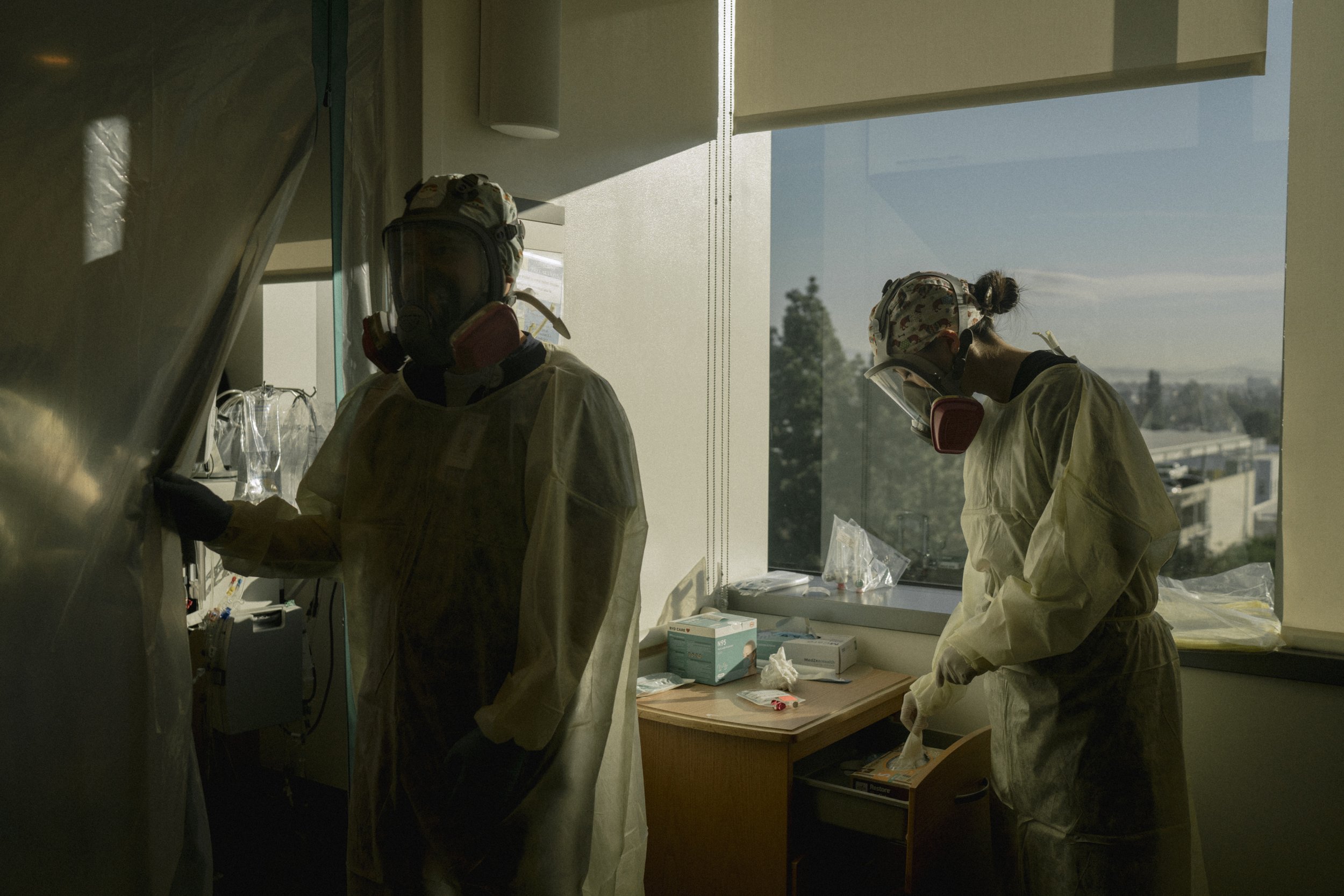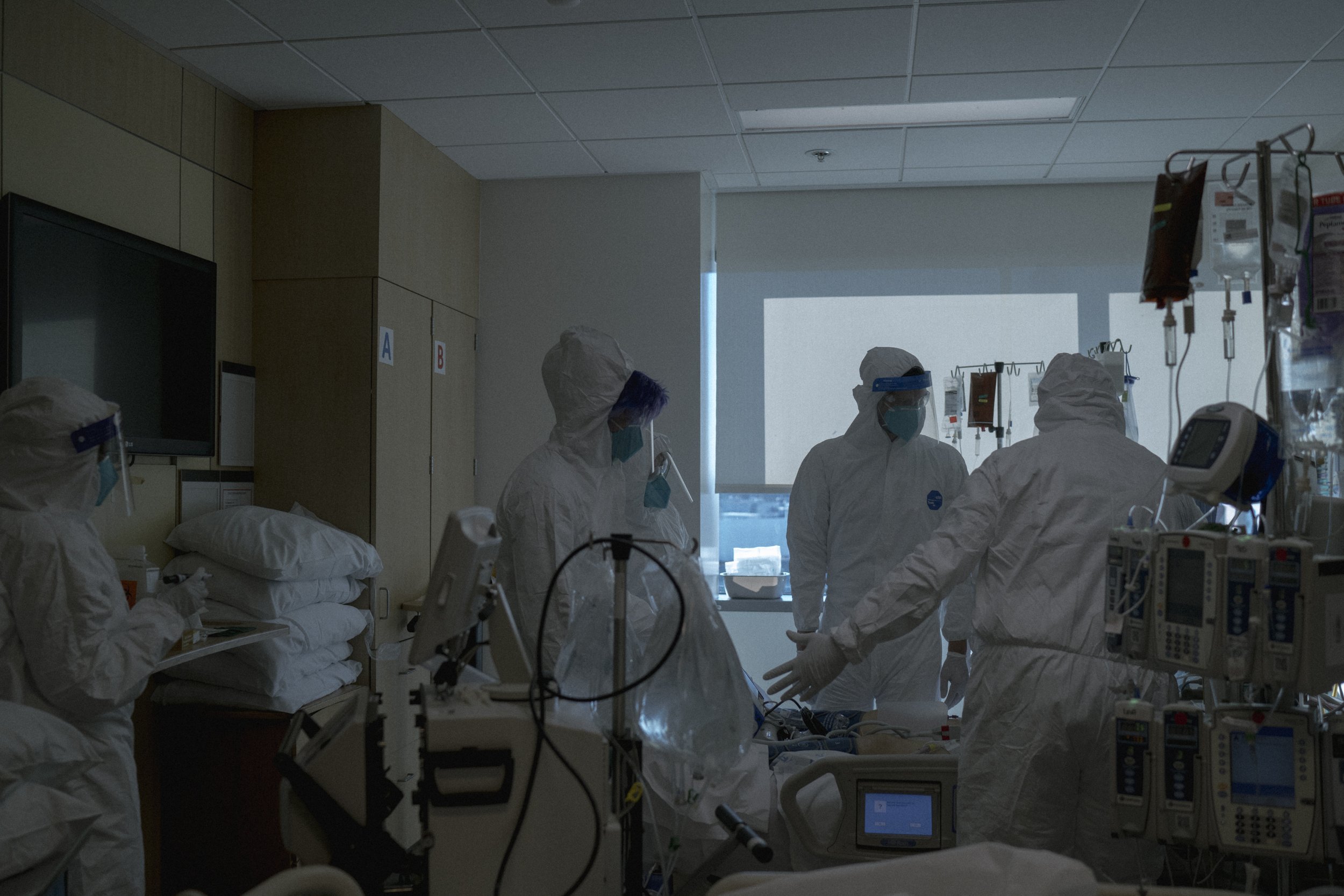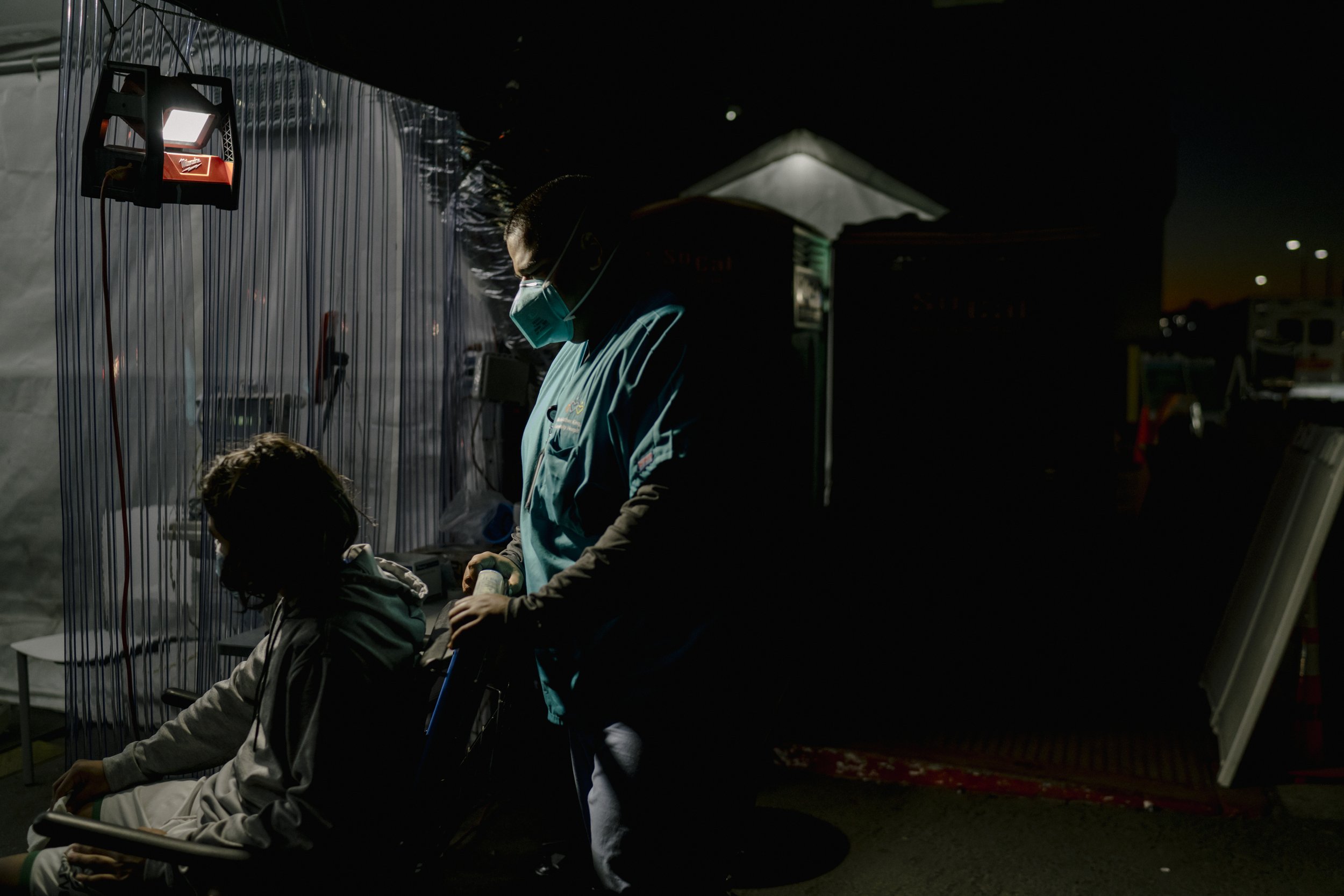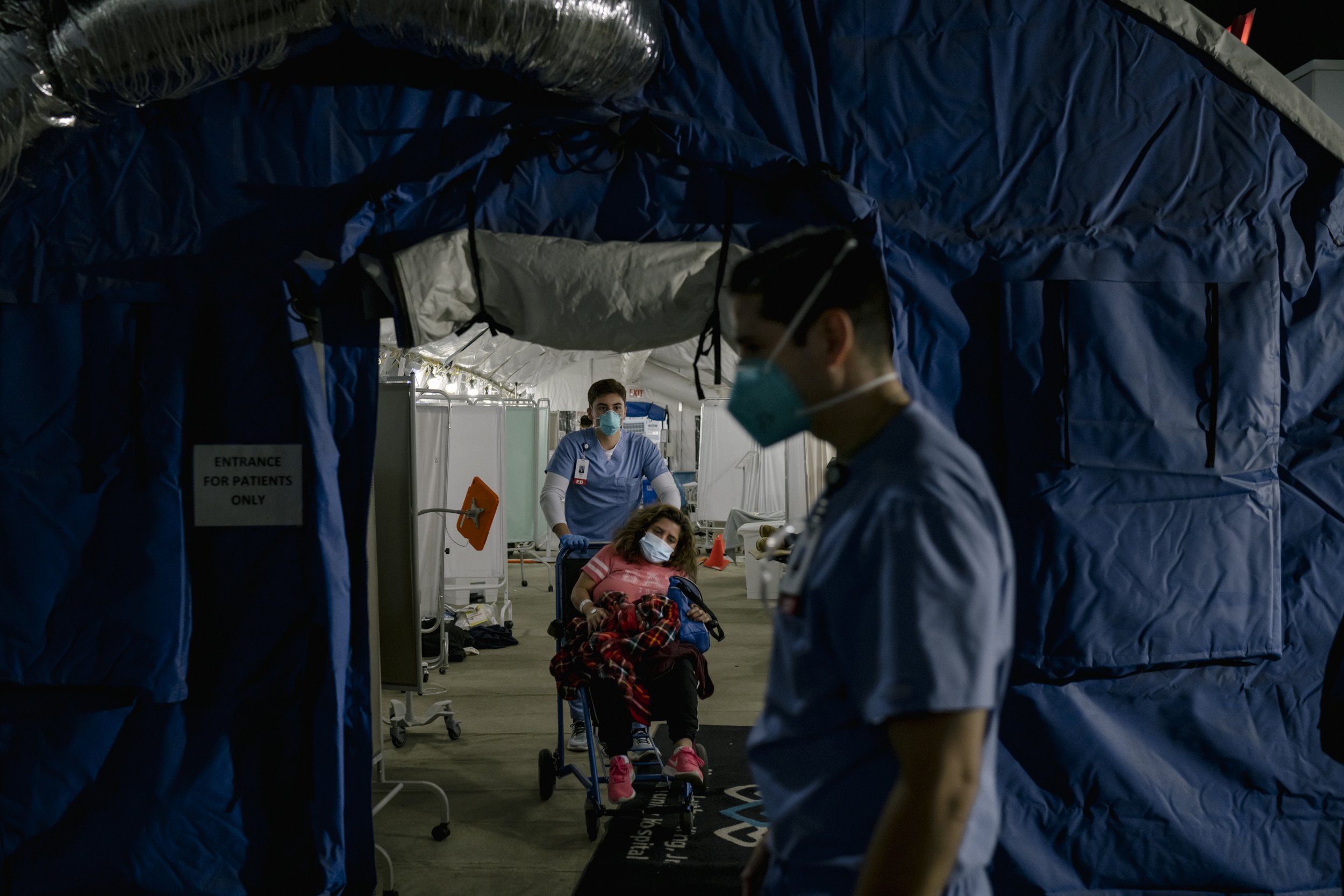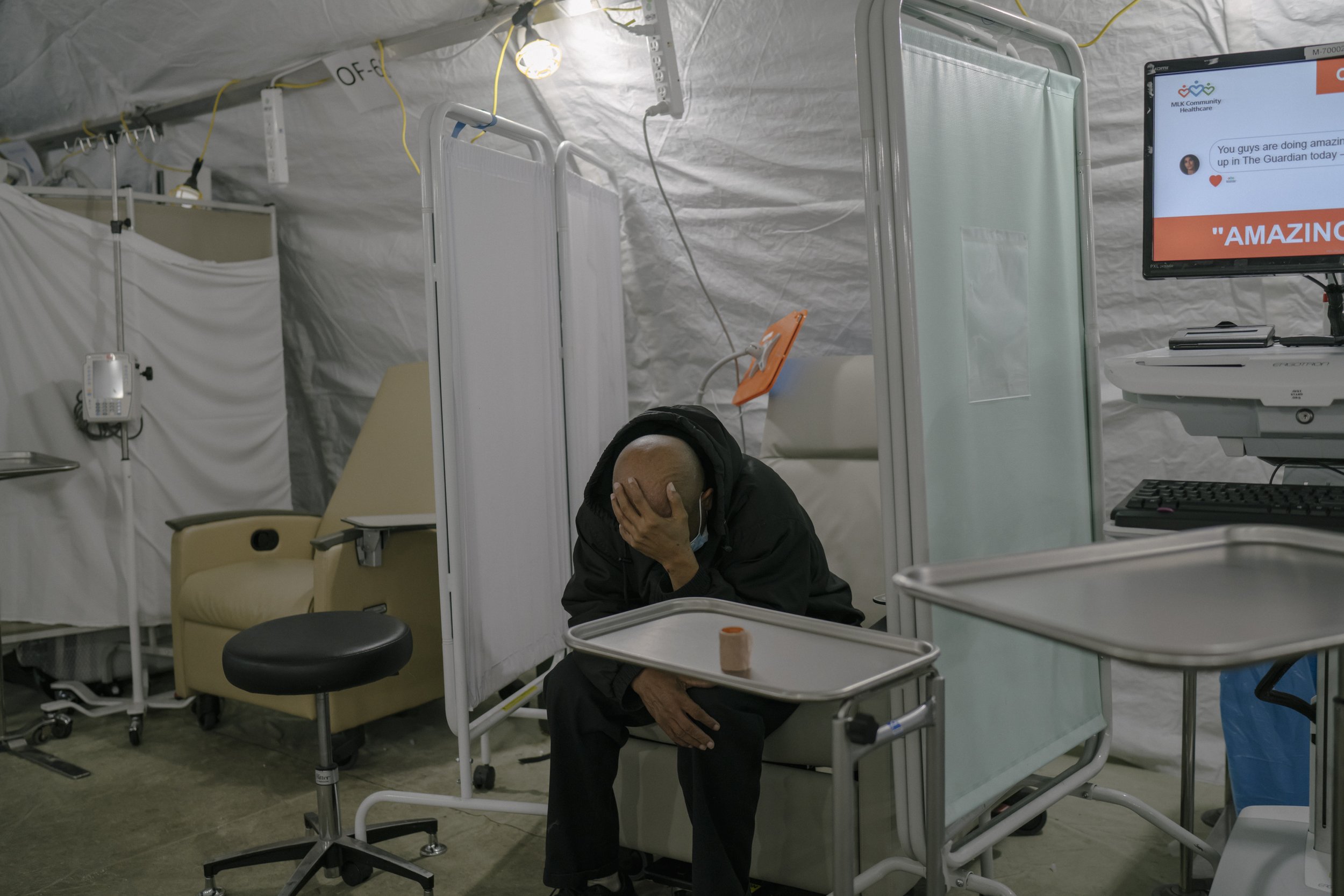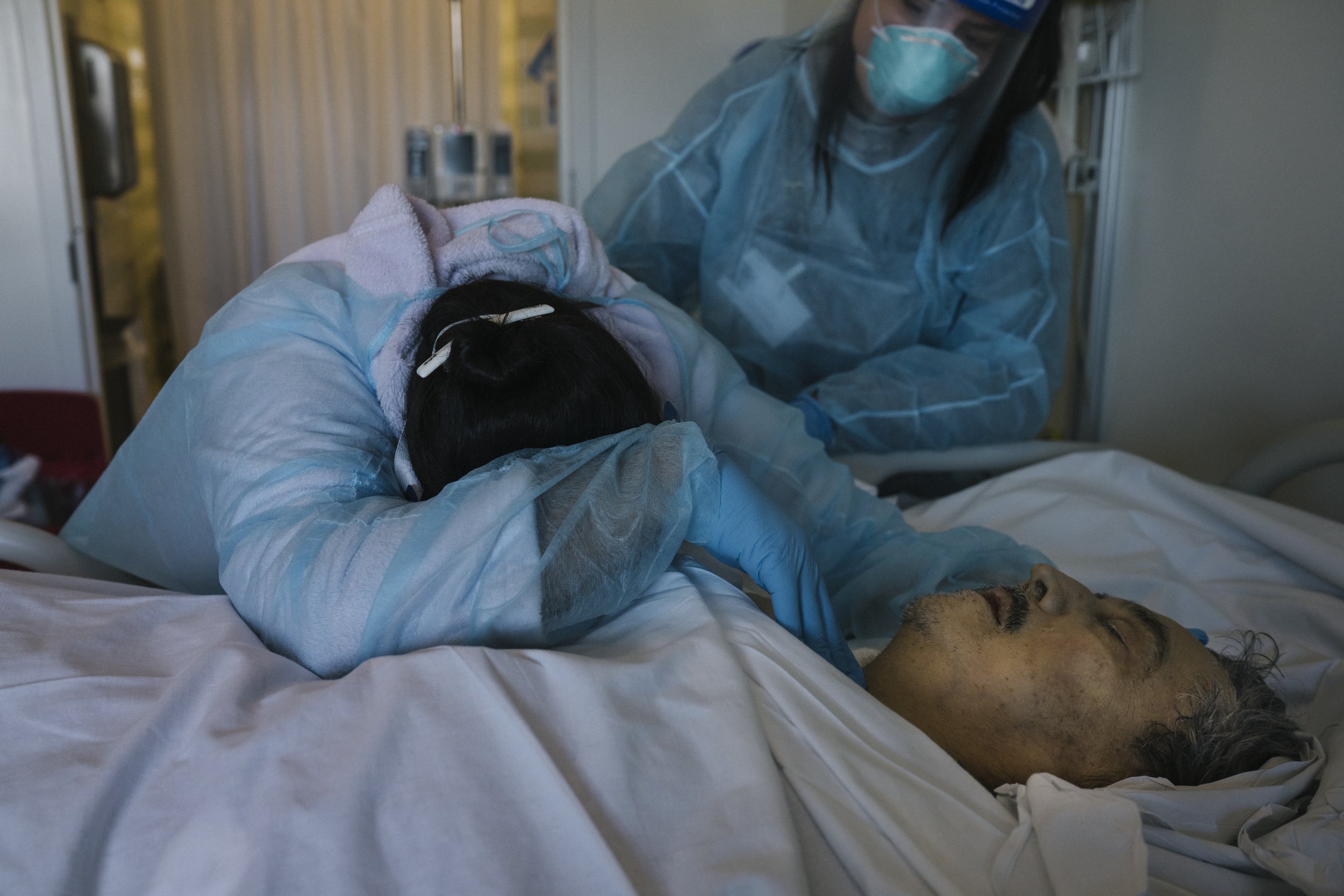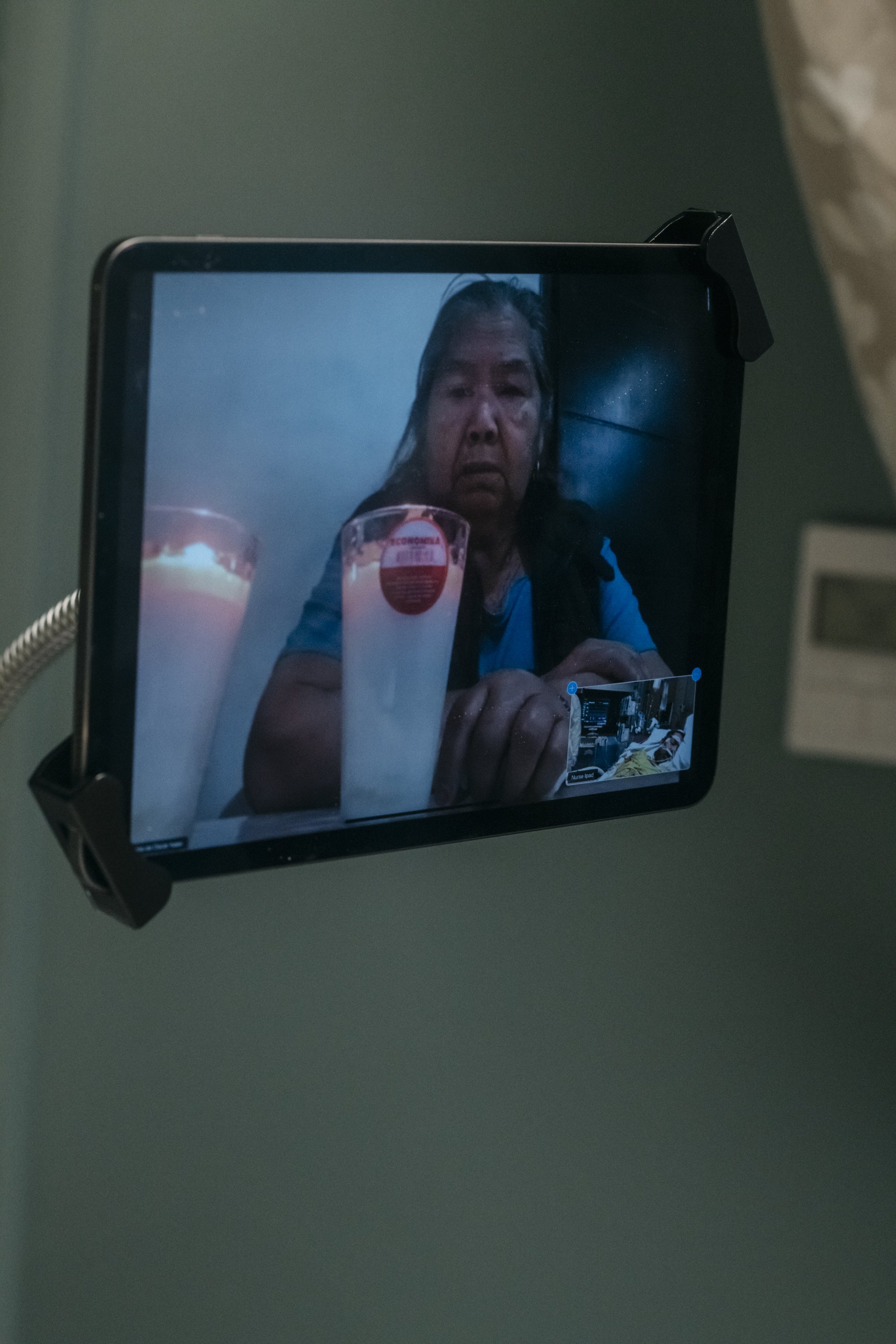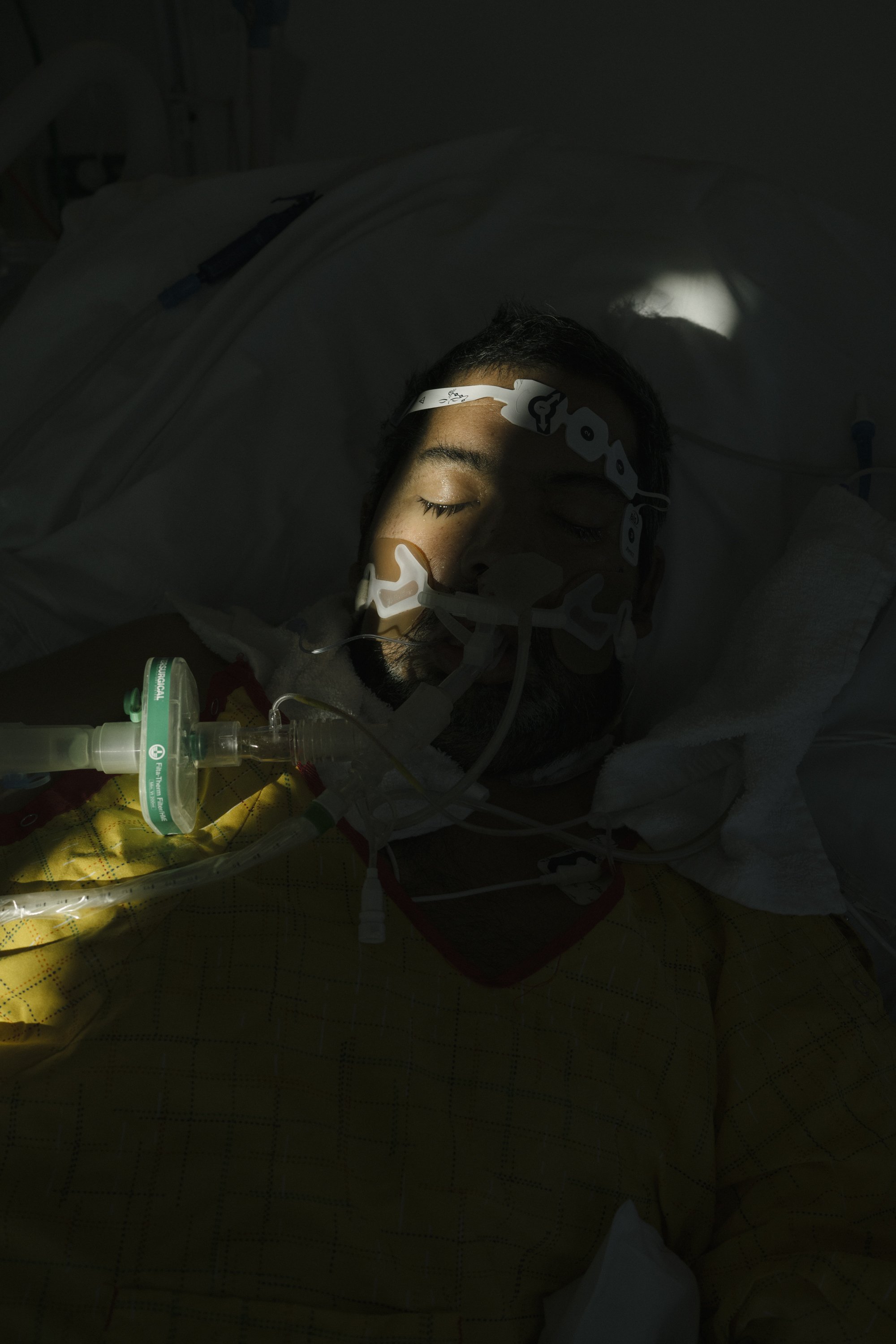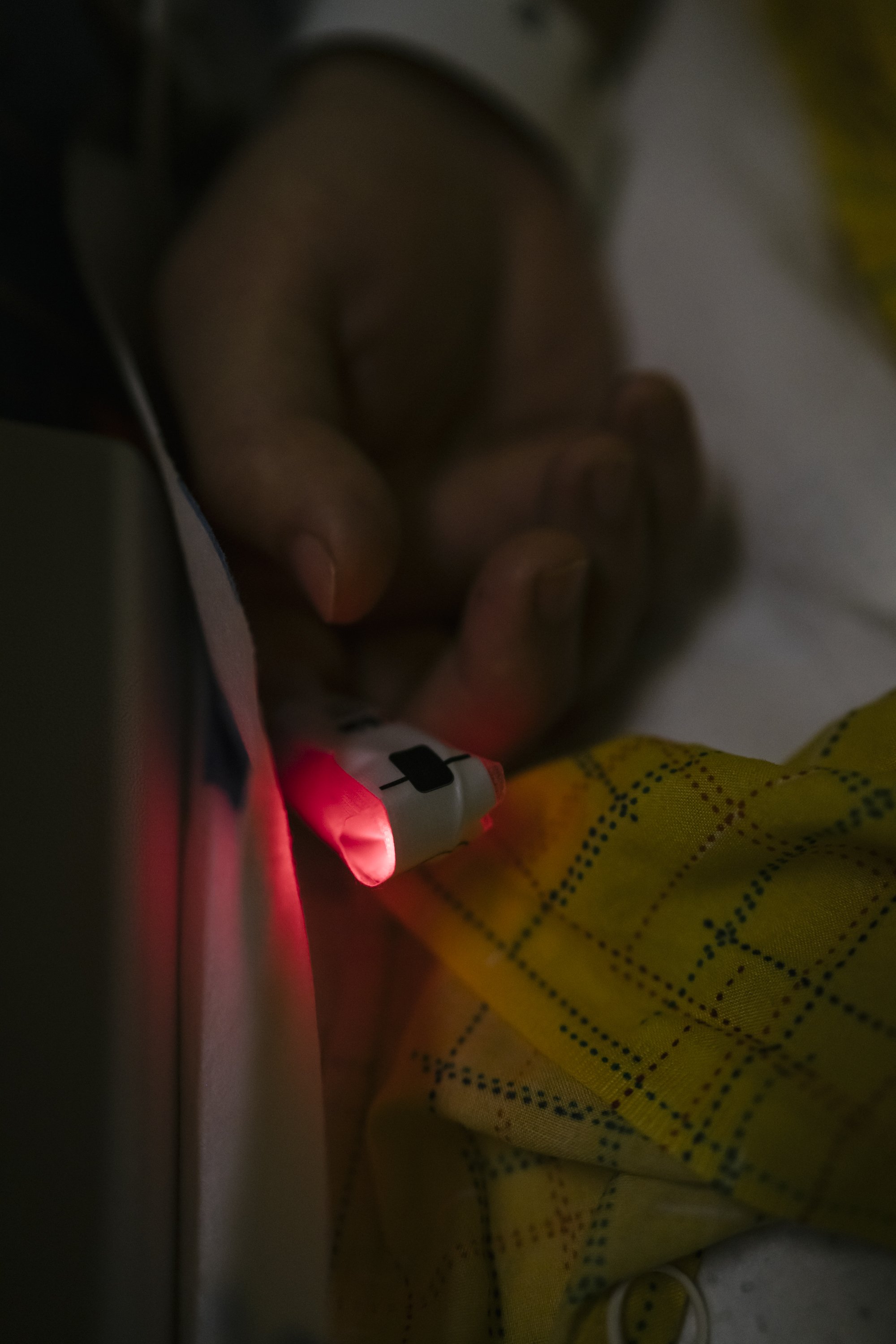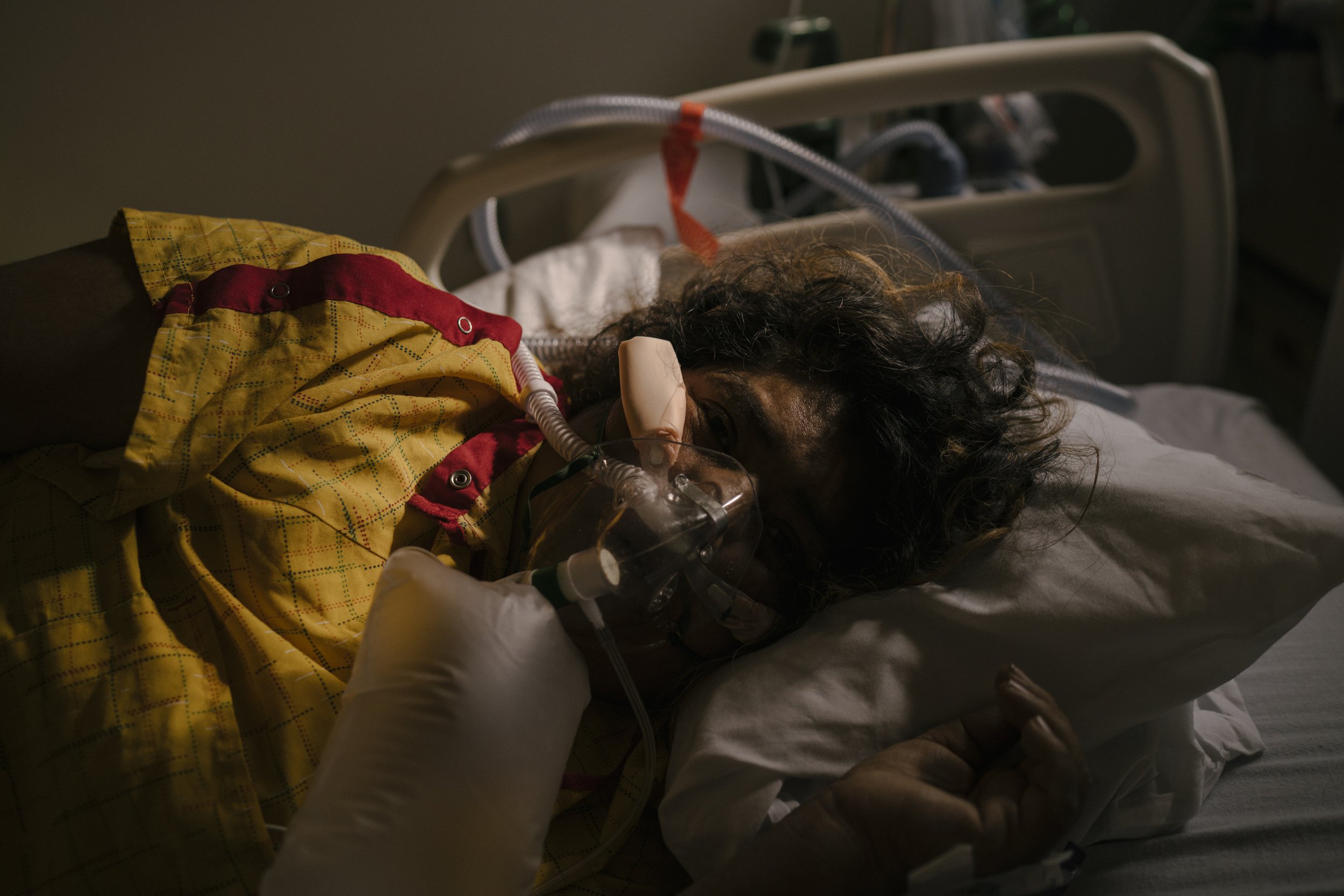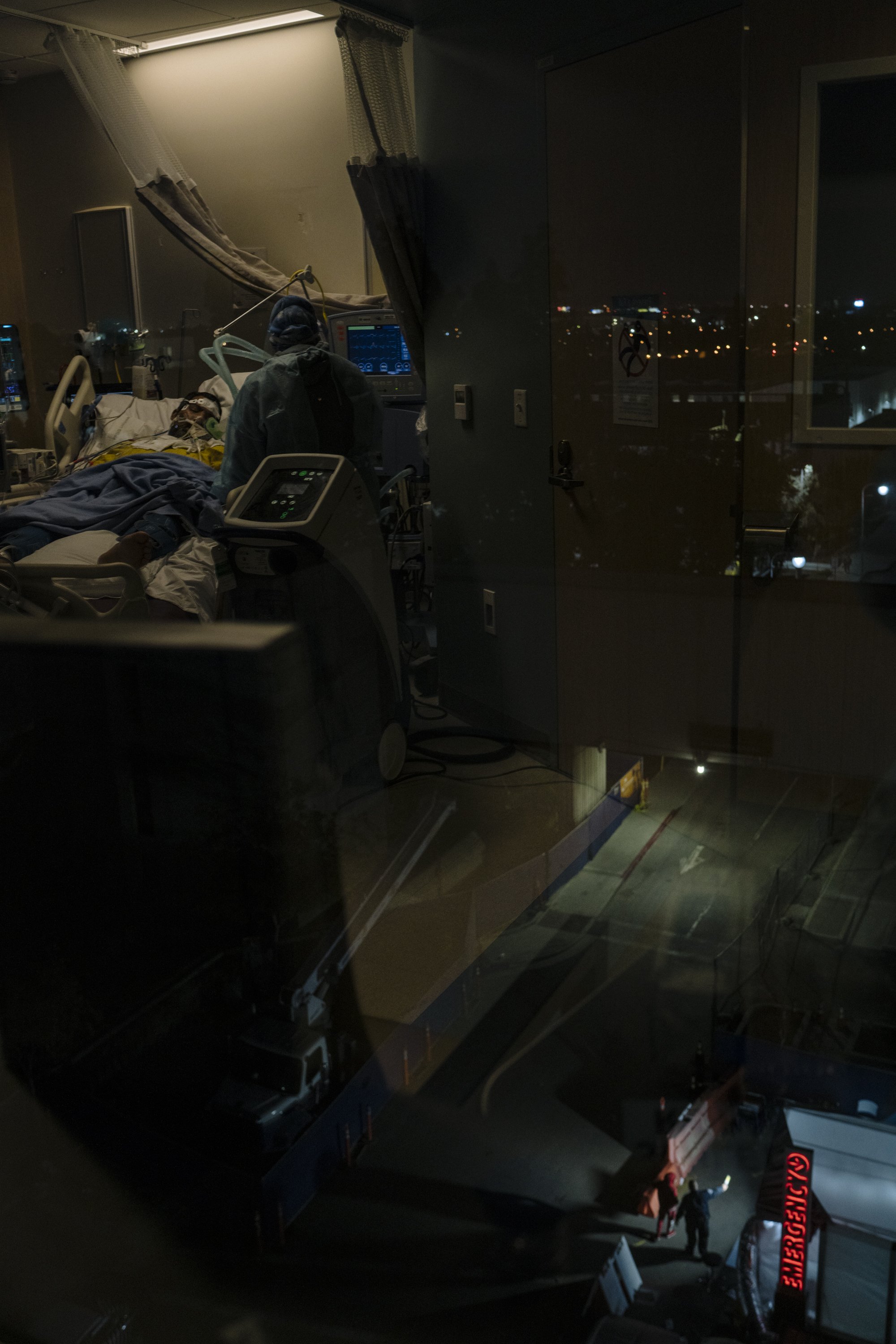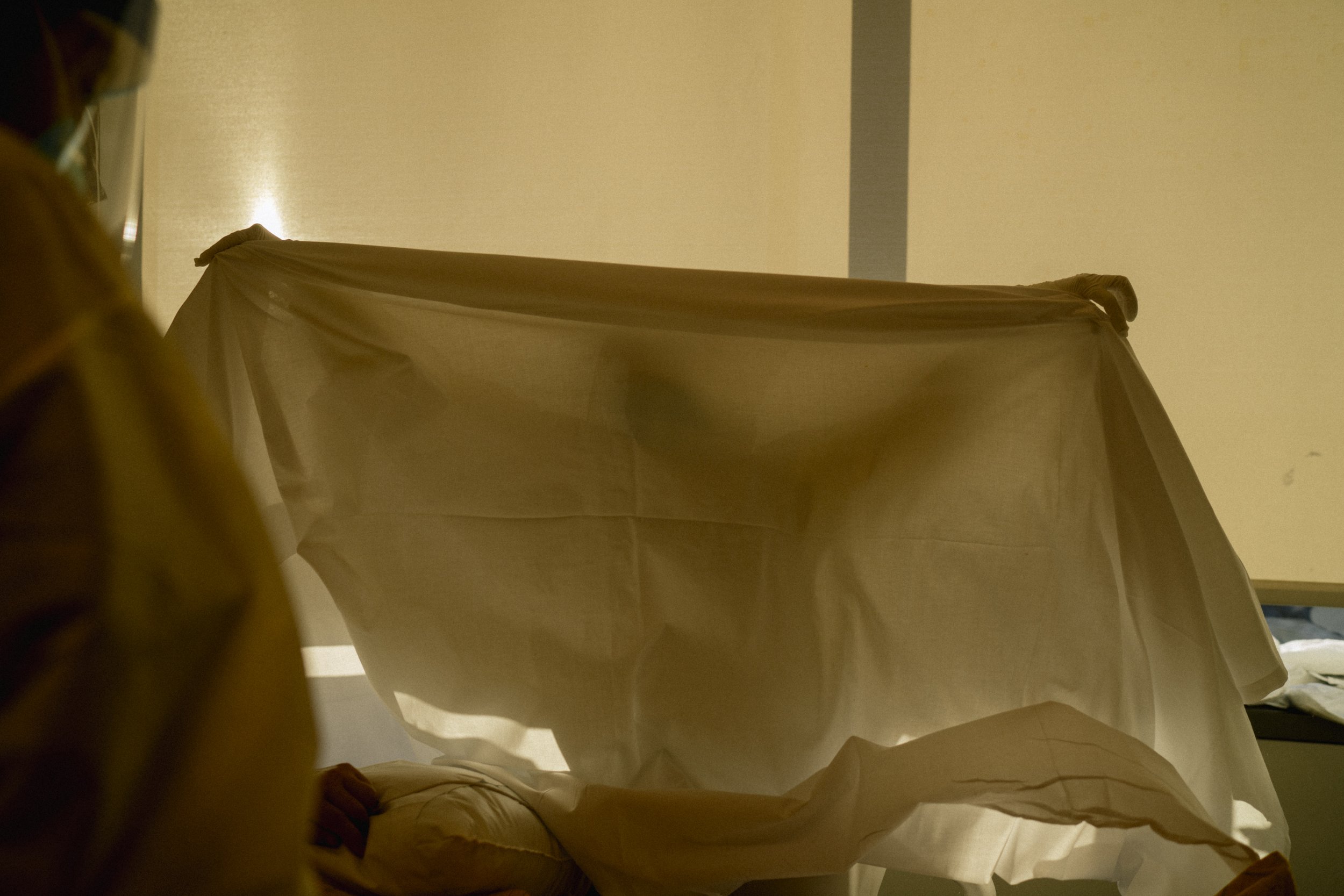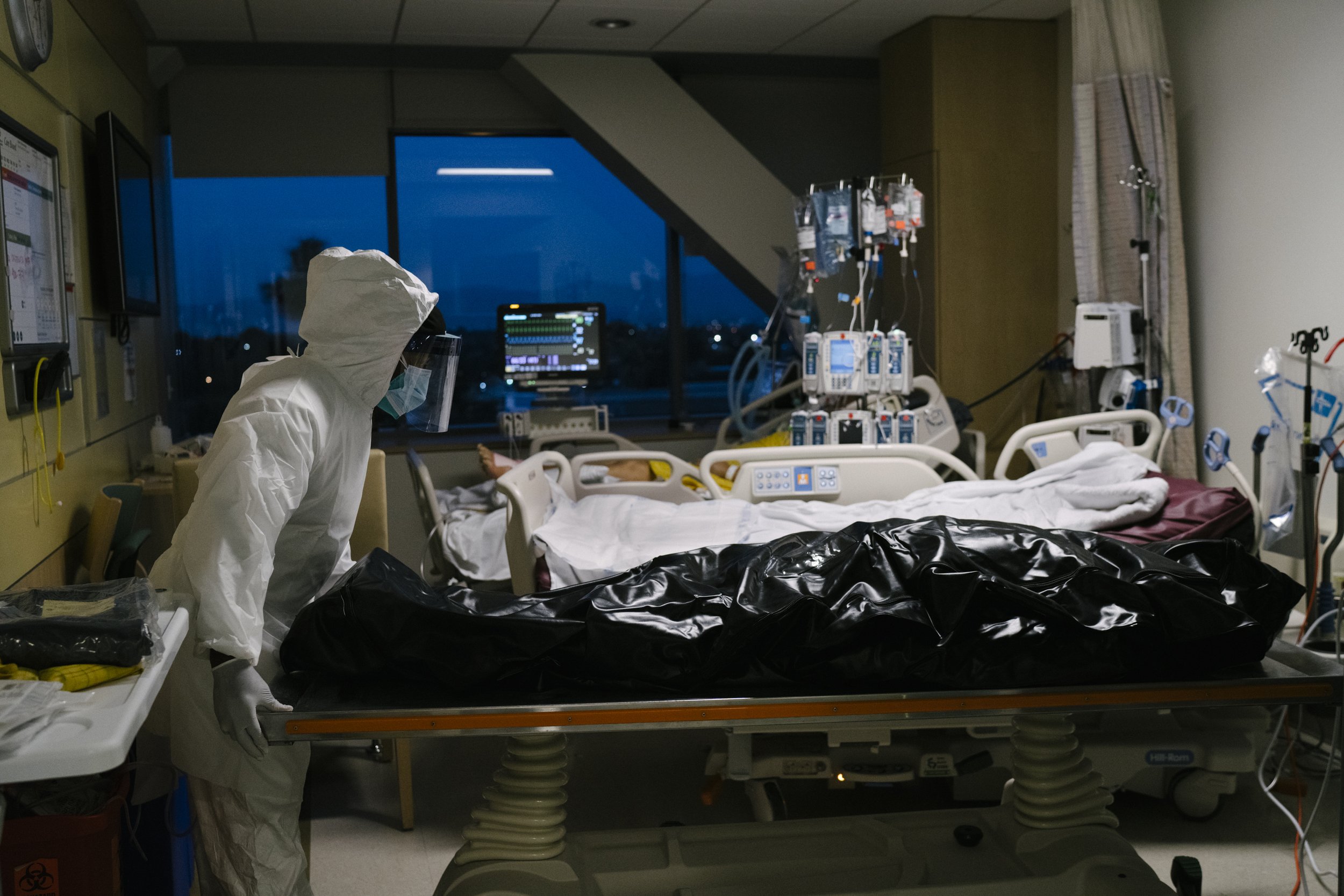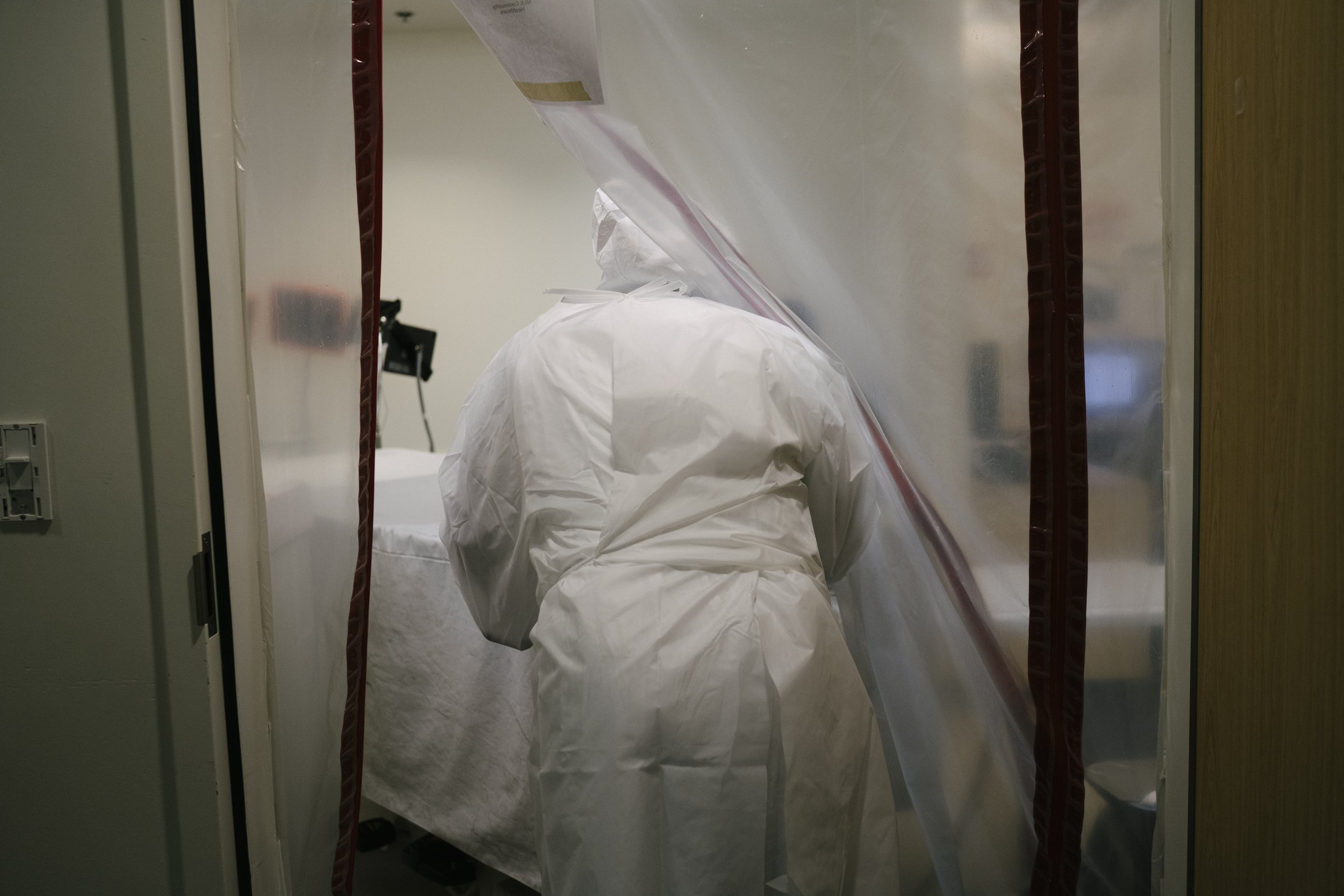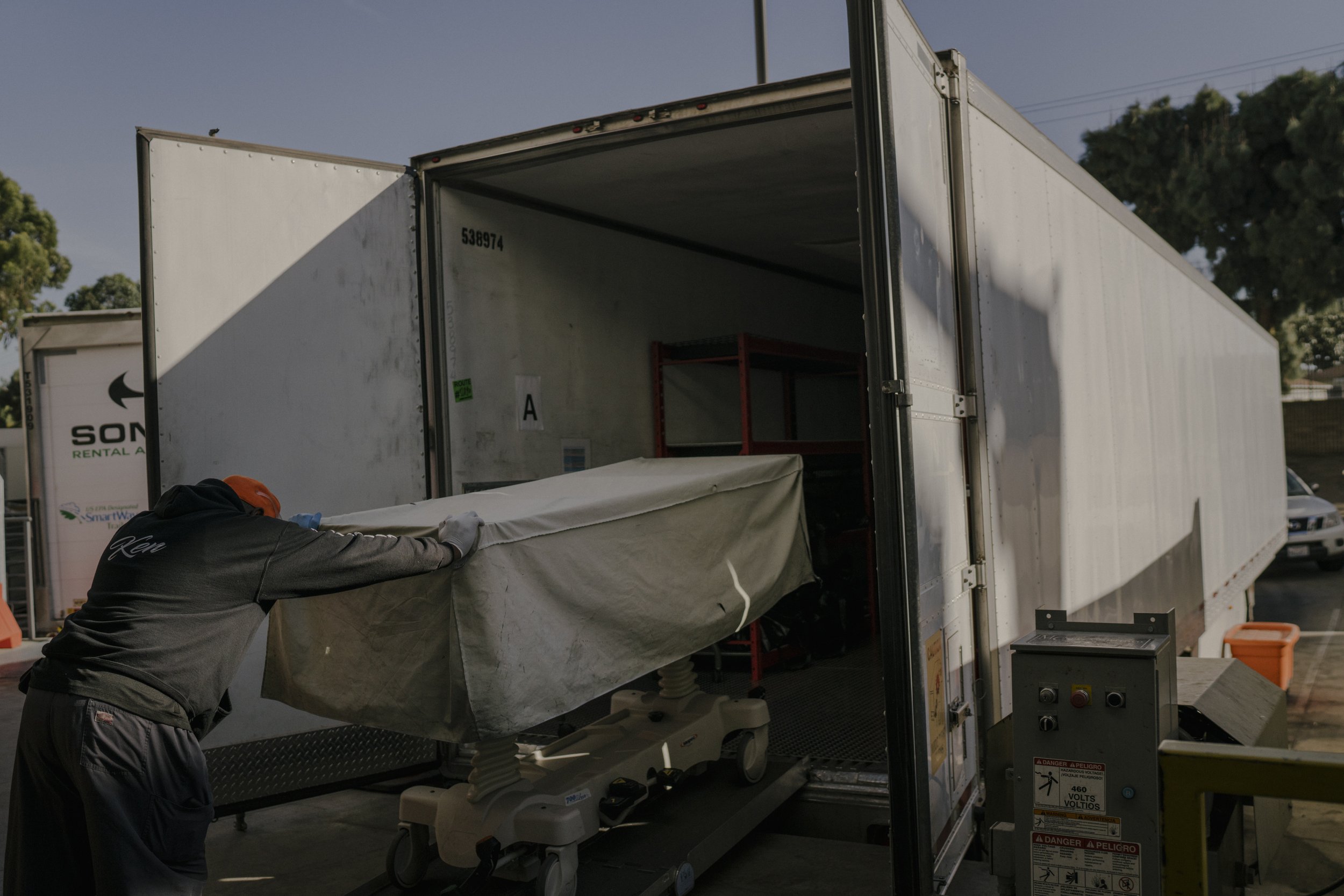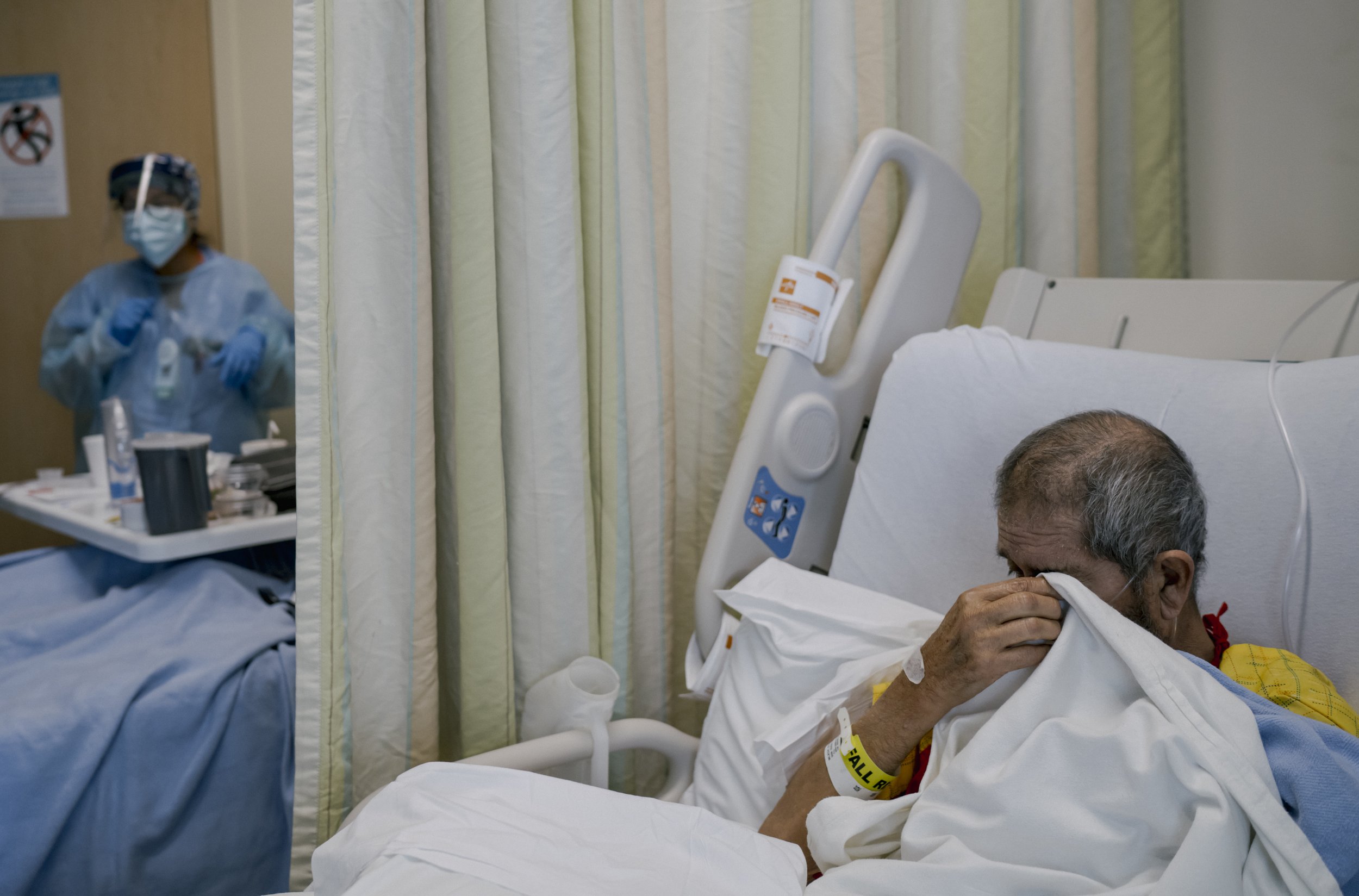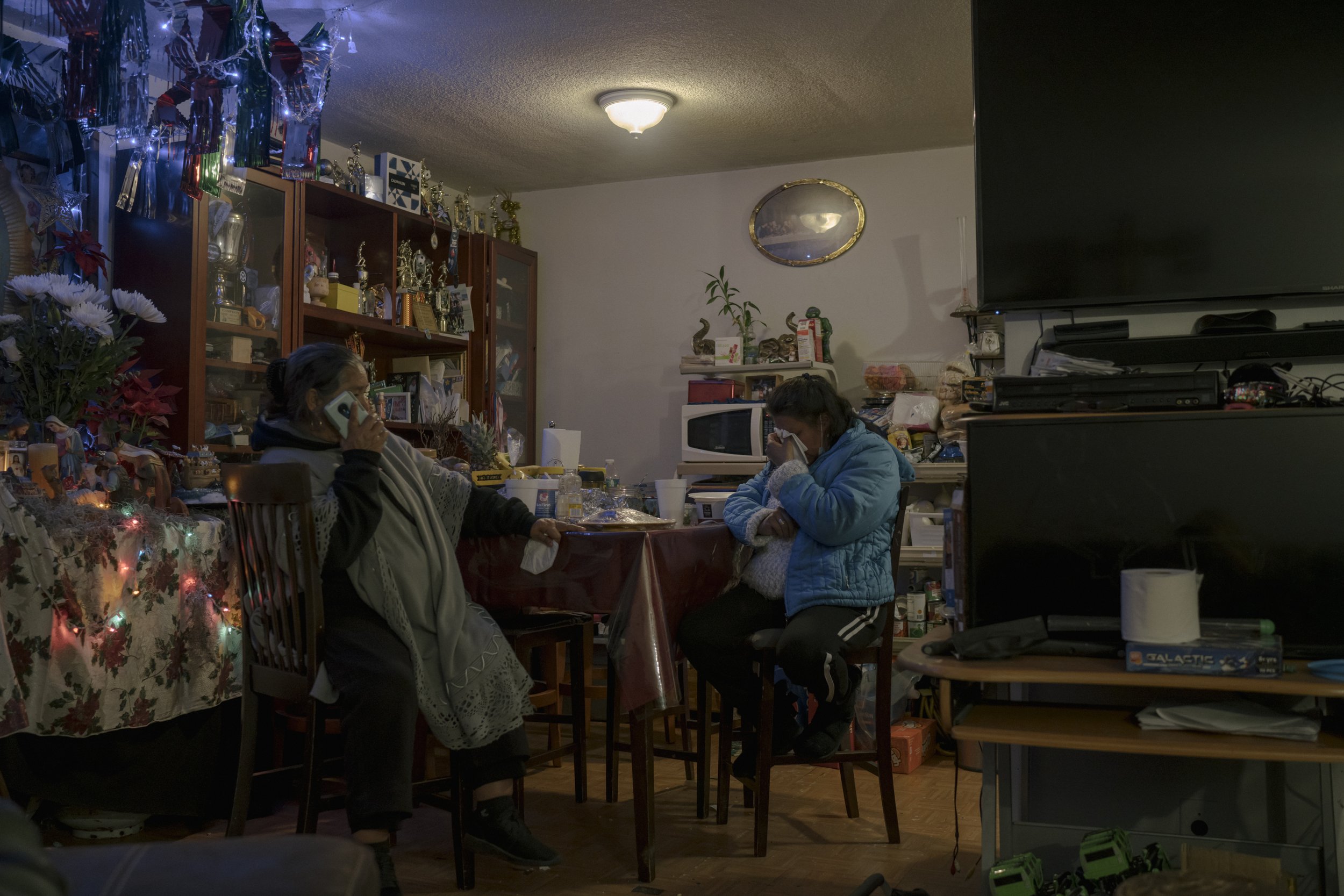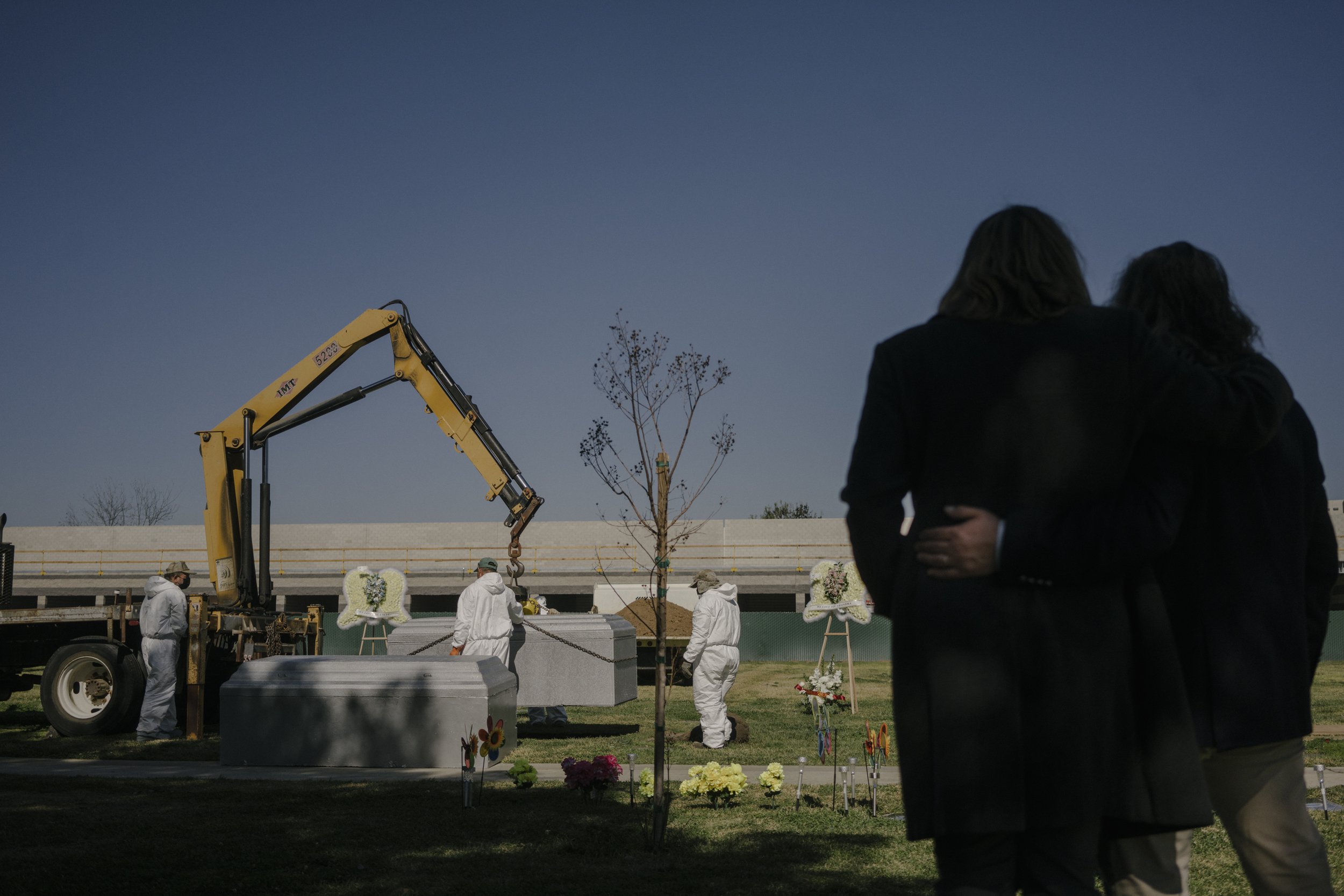Two Fathers
When I arrived at Martin Luther King Jr. Community Hospital in South Los Angeles in January 2021, it was the hardest-hit hospital in the hardest-hit county in the state that now surpasses New York with the highest death toll. Eight out of ten of those who died at M.L.K hospital were Hispanic, a group with the highest death rates in LA County followed by African American residents. County data also shows that the most impoverished Los Angeles residents, many of them around the hospital in South Los Angeles, were dying of the disease at four times the rate of the wealthiest. The inequities in disease and death from COVID reflect those long present in the community. “We’ve created a separate and unequal hospital system and a separate and unequal funding system for low-income communities,” said Dr. Elaine Batchlor. “And now with Covid, we’re seeing the disproportionate impact.”
Gabriel Flores, originally from Mexico, worked long hours in a restaurant to provide for his wife and three children. Emilio Virgen, father of four, drove a mini-bus to transport senior citizens to their appointments. The of Mr. Flores and Mr. Virgen described them as jovial and hard working. On January 21, Emilio Virgen passed away in the ICU. Five hours and five minutes later, Gabriel Flores, down the hallway, followed. In this series, I shadow Mr. Flores, Mr. Virgen and their families as well as other patients and healthcare workers at M.L.K Jr. Community Hospital during the winter 2021 surge.
In this essay, I particularly focus on fathers who are critically ill; throughout the pandemic, photography of patients has been limited. Over the last three years, I have attempted to bring the public closer to the unprecedented struggle and loss in U.S. intensive care units.
Michael Moore, a nurse, leans over to feel Emilio Virgen's chest at M.L.K Jr. Community Hospital in South Los Angeles, California.
Manuel Flores, Gabriel Flores’ son, embraces him in the ICU. Visits are allowed for immediate family members for those who are believed to be at end of life.


